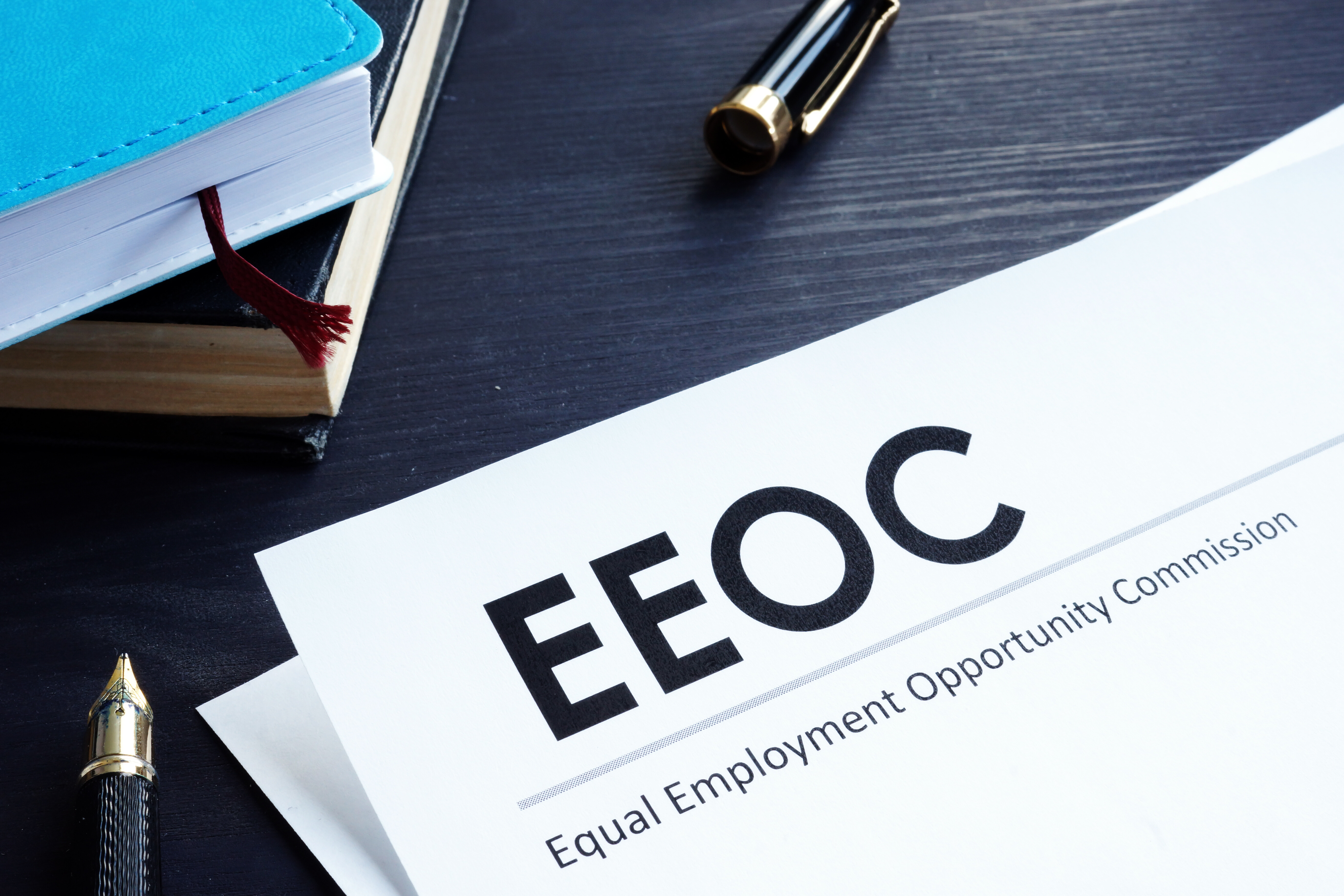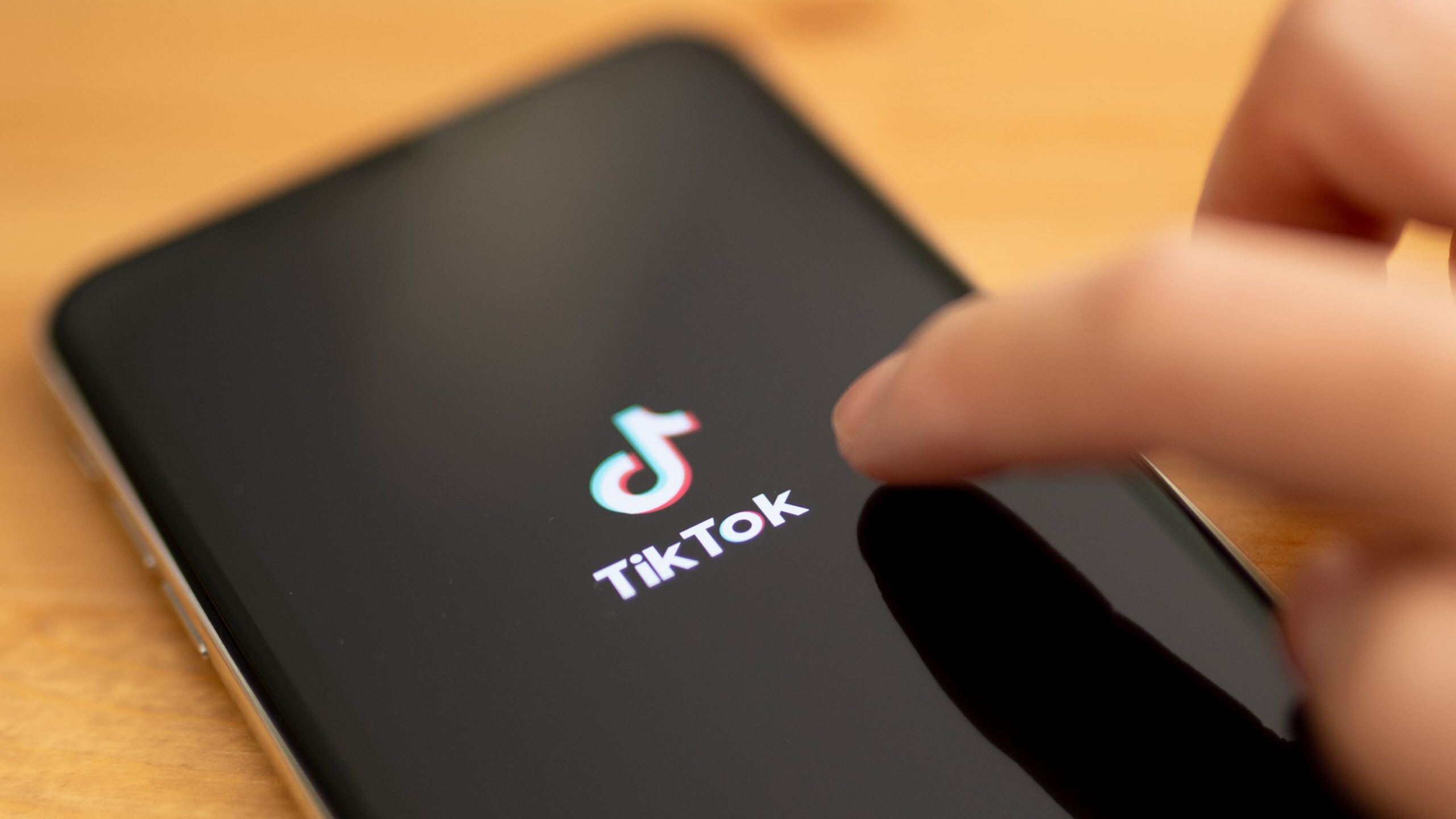The U.S. Equal Employment Opportunity Commission (EEOC) has proudly launched its Strategic Enforcement Plan (SEP) covering the Fiscal Years 2024-2028, with a keen focus on nurturing fair and inclusive work environments. The SEP outlines a multi-year coordination of the Commission’s efforts to bolster equal employment opportunities. This latest SEP is a product of evolutionary planning that considers both public feedback and a reaffirmation of the EEOC’s core mission.
Guiding Principles of the SEP
The EEOC’s forward-looking plan stands on three foundational principles: Accountability and Delivery of Results
A Strategic Approach
With precision and focus, the EEOC is set to optimize its impact through strategically targeted actions. The plan seeks to influence legal developments and ensure widespread compliance across vast organizational landscapes, regions, or entire industries. The EEOC will put a spotlight on systemic investigations, resolutions, and litigation which stand to influence employment practices on a grand scale. This strategic orientation ensures a balance between individual and systemic cases, along with a blend of national and localized concerns to achieve significant strategic outcomes.
Key SEP priorities include:
- Removing obstacles in recruitment and hiring processes, particularly those arising from technology that inadvertently excludes protected groups, discouraging job ads, biased employee channeling, restricted training access, and tackling the underrepresentation of women and people of color in certain sectors.
- Safeguarding vulnerable workers and underserved communities from harassment, retaliation, job segregation, labor trafficking, unequal pay, and disparate working conditions. The SEP targets immigrant workers, individuals with disabilities, LGBTQI+ people, and those hesitant to assert their rights.
- Addressing new or evolving issues like disability discrimination, protections for workers dealing with pregnancy and related conditions, biases resulting from global events, the long-term effects of COVID-19, and discrimination stemming from the use of artificial intelligence in employment decisions.
- Championing equal pay for all, combating pay biases based on gender and other protected characteristics, and confronting policies that hamper fair compensation.
- Ensuring access to the legal system by challenging practices that hinder rights under employment discrimination statutes, such as broad waivers, non-disclosure agreements, and retaliation that deters rights exercise.
An Integrated Approach
The EEOC pledges to a unified enforcement philosophy, operating seamlessly across the nation while considering regional nuances. The SEP underscores the importance of collaboration, coordination, and uniformity across the EEOC's branches, staff, and programs. This integrated method encompasses partnerships with entities like the Department of Justice, the Department of Labor, and others to collectively uplift shared objectives and broaden outreach to all job market participants.
Accountability and Results
Within the SEP, the EEOC reaffirms its duty to serve the public effectively and efficiently, acknowledging the need to utilize resources judiciously. The commitment to accountability also involves semi-annual reports from EEOC program offices, providing insights on the SEP’s priority areas, including outreach, litigation, and federal sector initiatives.
Impact on Employers
The SEP invites employers to join in the effort to recognize and eliminate employment barriers, cultivate diverse talent, and build inclusive workplaces. EEOC Chair Charlotte A. Burrows emphasizes the plan's vital role, stating, “Through the SEP’s effective implementation, the agency will continue to advance equality and justice for all in workplaces across this nation, even as significant challenges remain.” The SEP serves as a guide for employers to create environments where diversity is celebrated, discrimination fades, and the horizon of opportunity is vast and promising.



